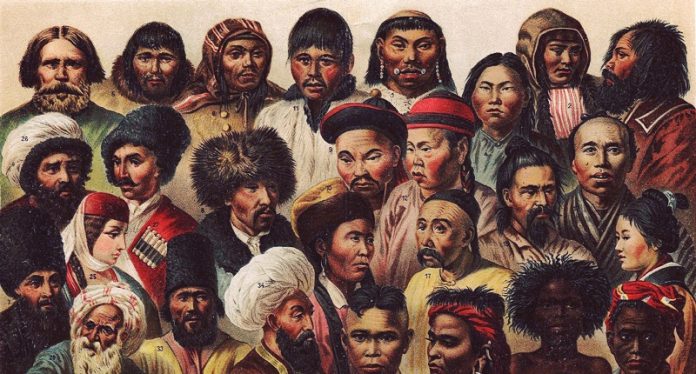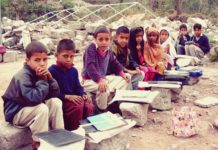Steven Garner, author of “Racism, an Introduction” said,
“‘Race’ is a fiction that we turn into a social reality every day of our lives. It lies at the heart of the complex, historical and multifaceted sets of social relationships to which we attach the label ‘racism’. This is a historical process, a set of ideas and a set of outcomes (benefits for some, disadvantages for others). This can be anything from a promotion ahead of someone else who is just as good at what they do as you are, to being hunted like an animal and dying a protracted and painful death at the hands of someone who thinks ‘race’ is so real it authorises your murder with impunity.
The forms in which these social relationships play out are so diverse that I think ‘racism’ is too small a word to contain them, hence my choice of a plural in the title. If you are interested in struggling against racism, you have to be interested in more than just ‘race’. You must also be a student of gender, class, nation states, culture, history and science… racism is a complicated part of the social world, rather than an aberration of individuals.”
Some members of the British-Pakistani community have been stigmatising British-Paharis from ‘Azad’ Jammu & Kashmir for a number of decades now. The alternating labels they use are ‘Mirpuri’ and ‘Kashmiri’. Crimes that are reported in the press that draw connections with British-Pakistanis, are quickly commented on to give credence to the idea that they have in fact been perpetrated by a particular group of British-Pakistanis, most notably of ‘Mirpuri’ ethnic descent. The ‘Mirpuri’ community, as the label is then imposed on almost 1 million British-Pakistanis, is scapegoated on the basis of ‘slurs’ without any established datasets that distinguish the ‘identity’ of perpetrators by ‘place of origin’ to warrant the ensuing ‘protests’, or ‘clarifications’.
These ‘representations‘, more correctly impressions, are now entering the mainstream wrongly imagined as normative interactions between two broad Pakistani sub-groupings in the UK; the first collectively imagined as being ‘integrated’, ‘educated’ and more ‘cosmopolitan’ predicated on the belief that its members come from cities or urban areas. The second group, described through the agency of the first group is imagined as ‘parochial’, ‘inward looking’, ‘illiterate’ and ‘tribally-minded’ (‘baradriasm‘) predicated on the belief that its members come from villages.
The first makes for good British citizens, the second does not, or at least this is how the groups are presented. The ensuing sensibilities are further strengthened through confirmation bias by ‘facts’ offered by “insiders” to these communities – the citified Pakistanis, whose ‘witness accounts’ (code for anecdotes) are then recycled through the echo-chambers.
The initial cleavages between the two-sets of British-Pakistanis had drawn succour from ‘multifaceted sets of social relationships’ on the basis of power-dynamics that were ‘unjust’ and ‘exploitative’ crucially outside the agency of both groups in the UK. The establishment of Pakistan and its exploitative control of Pakistan-administered-Kashmir, have greatly influenced how the latter’s inhabitants are ‘imagined’ particularly those from Mirpur District, one of Pakistan’s most wealthiest areas in term of ‘purchasing power parity’, amidst the almost-near absence of government investment. This wealth, reported to be in the tens of billions of pounds, is almost entirely reliant on remittences, depreciating per the foreign-exchange rates of GBP-PKR when returned to the UK from Pakistani banks. The remaining deposits, again in the billions of pounds, are used for investment projects in Pakistani cities, even as ‘Azad’ Kashmir receives nothing from this ‘lucrative fund’. Citified Pakistanis aware of these dynamics become very anxious of the potential ‘shift in power’ as others grow increasingly envious of British-Mirpuris mindful of their ‘village-roots’.
In the UK, the ‘Mirpuris’ – as they are now being increasingly presented – have been subjected to a form of racism perhaps not well understood, leading to wider questions about the nature of the relationship that makes such an outcome possible crucially within Steve Garner’s considerations.
This is a question researchers on social relationships, power-dynamics, race and prejudice should be asking, including members of the British-Pahari community. The British-Pakistani cleavages between immigrants from mainland Pakistan and ‘Azad’ Jammu & Kashmir could potentially offer new insights to a whole host of disciplines.
















